Recently passed patriotic education legislations restrict teaching of critical race theory and current events
HB 2497 and HB 3979 would promote “patriotic education” and restrict the teaching of critical race theory and current events.
On May 31, the TX House and Senate passed both “patriotic education bills” House Bill 2497, aka the 1836 project, and House Bill 3979. Both will be implemented starting in the 2021-22 school year.
House Bill 2497 would “promote patriotic education and increase awareness of the Texas values” by composing a committee of nine members, appointed by Gov. Greg Abbott, Lt. Gov. Dan Patrick, and speaker of the Texas House of Rep Dade Phelan, to oversee the initiative.
House Bill 3979 will restrict the teaching of current events, critical race theory, anti-discrimination trainings for school employees, and offering school credit for service learning, while promoting “patriotic education” through emphasized study of the Constitution, the Declaration of Independence, and the Federalist Papers. The legislation states that its aim is to promote “the fundamental moral, political, and intellectual foundations of the American experiment in self-government, as well as the history, qualities, traditions, and features of civic engagement in the United States.”
Colleen Schimdt, CVHS’s AP Human Geography and AP Computer Science Principles teacher, assures “for several teachers, very little [adjustment], at least in terms of doing the minimum and focusing on the foundational documents” needs to be made to accommodate HB 2497 or HB 3979. That for her class, AP Human Geography, that teaches about the different level of government and “distribution of people, resources, and settlement patterns” that “the settlement patterns of the U.S. are driven by a history of segregation and discrimination” and “the Texas bills may cause some hesitation in teaching this element of curriculum for the AP”. What is really wrong isn’t the content; teachers “already teach the content of the act, it’s the limitations on the process that are the concern.”
Although the legislations call for its implementation in schools, HB 2497 will also ensure “patriotic education” is also offered at other places such as at “ state parks, battlefields, monuments, museums, installations, landmarks, cemeteries ….. as appropriate and consistent with applicable law” and require Department of Public Safety of the State of Texas (DPS) to provide pamphlet given by the 1836 project “that explains the significance of policy decisions made by this state that promote liberty and freedom for businesses and families” to those who receive their driver license.
HB 2497 received criticism for not only its wording, calling for “patriotic education” which remains poorly defined, but also for the use of the word “education.”
Dr. Madeline Hsu, a history professor at the University of Texas at Austin and Director of the Center for Asian American Studies for eight years, said: “They seem not to really have consulted that many experts on Texas history.” Hsu commented on the fact that the bill does not involve the Texas State Historical Association or the the history of other people of color: “It’s not promoting the recognition Texas has a racially, deeply conflicted history.” Plus the date 1836, the year Texas declared independence from Mexico, erases the history of indigenous populations already in the state, said Amanda Vickery, a social studies and race in education professor at the University of North Texas.
Schimdt gave her insight on the “bigger, more publicized” House Bill 3979. According to Schmidt, HB3979 “makes it so that teachers in social studies are unable to partner with nonprofits or organizations that do lobbyist activities,” which she considers “the heart of civic engagement and involvement.”
“Teachers who may have a higher level of understanding regarding critical race theory or civics involvement may be more hesitant to do some traditional activities that were apolitical, but now may be fearful of some pushback from families or the district as a result of the actual legislation” and that if anything “will stifle engagement/civics education,” said Schmidt.
Your donation will support the student journalists of Carnegie Vanguard High School. Your contribution will allow us to cover our annual website hosting costs and fund field trips, competition fees, and equipment. We appreciate your support!

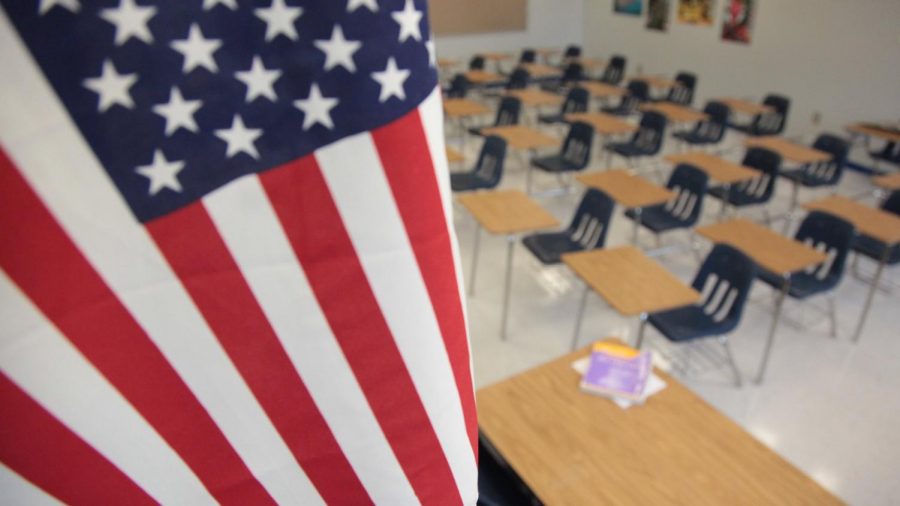

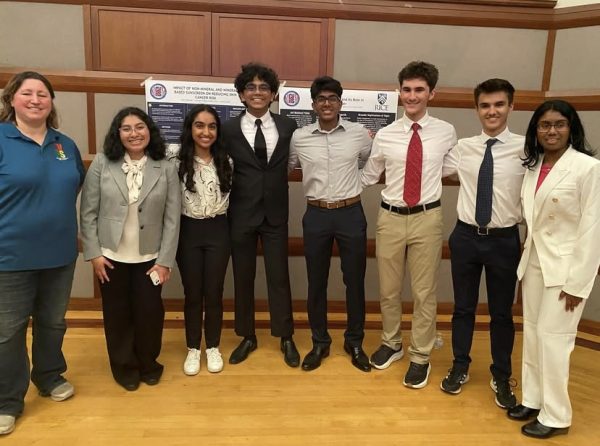

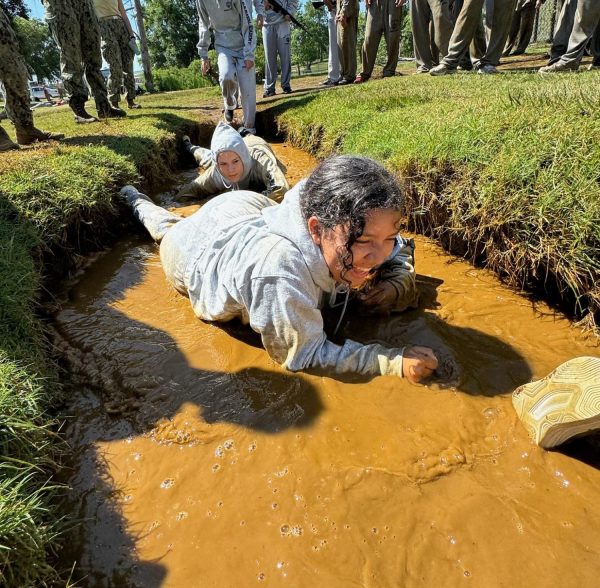
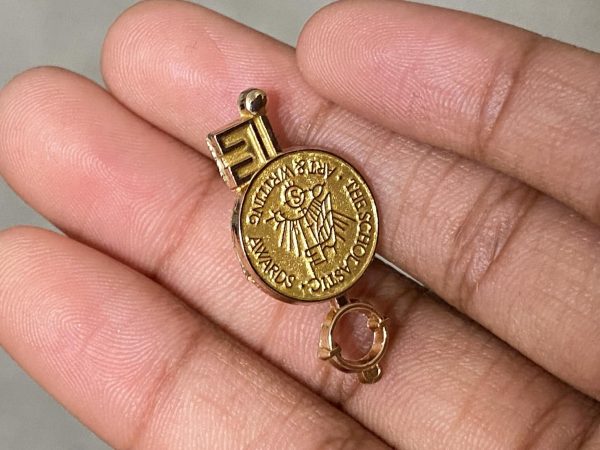
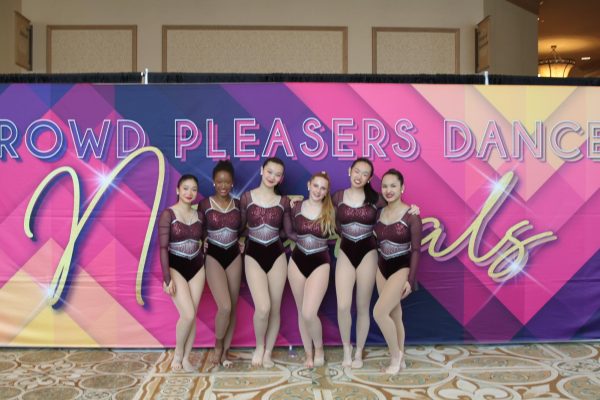
Emma Pierce • Jun 1, 2021 at 10:42 am
Great story and great insight. This reminds me a little about school rules regarding the first amendment, and how it could be broken.
Marcos Delgadillo • Jun 1, 2021 at 10:24 am
This article was amazing, Thank you for the in-depth description. Great article.
Vivian Huynh • Jun 1, 2021 at 10:20 am
Your article was very informative 🙂
Amy Maya • Jun 1, 2021 at 10:19 am
Great story and informative as well!
Amy Maya • Jun 1, 2021 at 10:19 am
Great story and very informative as well!
Julian Namerow • Jun 1, 2021 at 10:16 am
I loved Ms. Schmidt quotes, really great news story.
Jonathon Morales • Jun 1, 2021 at 10:16 am
Very informative and interesting story, good job.
Thomas Dowe • Jun 1, 2021 at 10:15 am
This story does a good job of bringing light to a situation that we are currently facing.
Lexy Silva • Jun 1, 2021 at 10:13 am
i like your intro
My-Tran Vo • Jun 1, 2021 at 10:10 am
I liked how you involved different teachers in this article